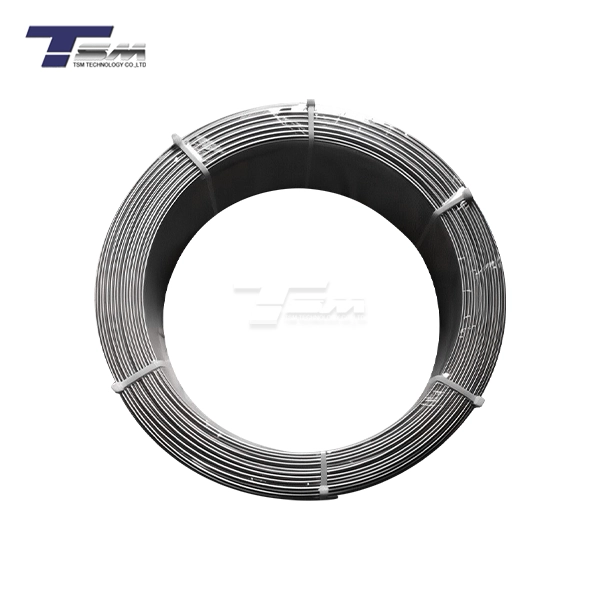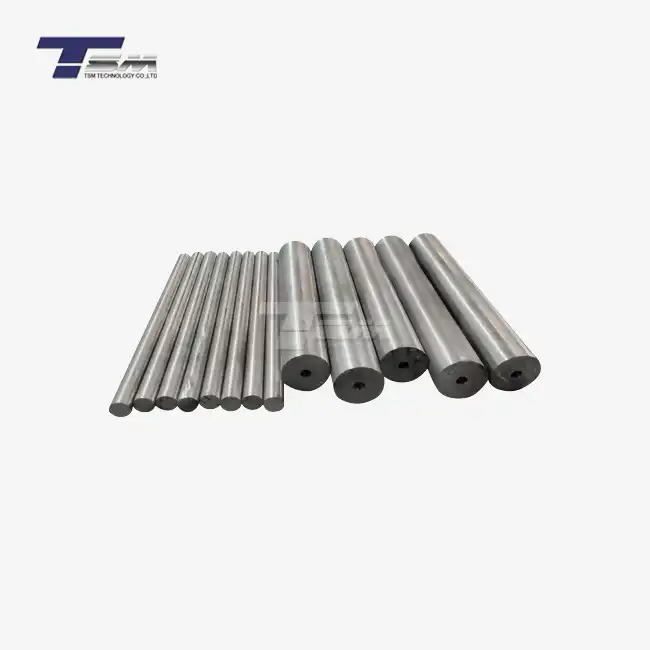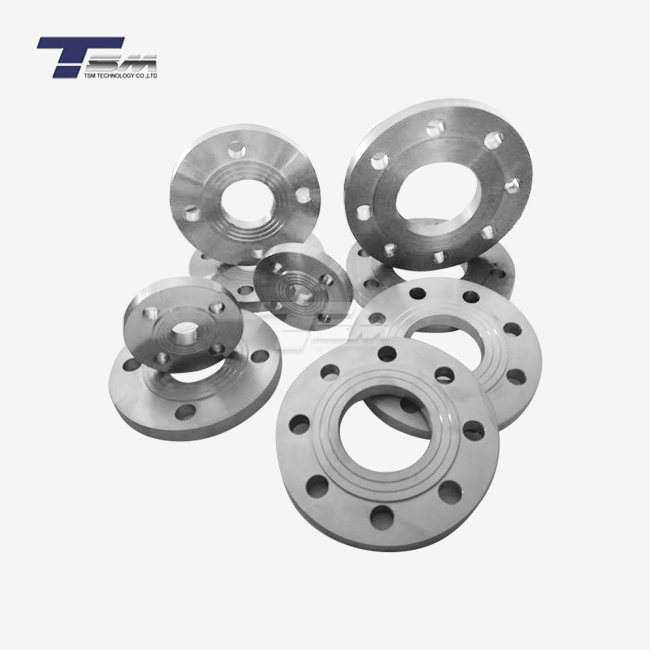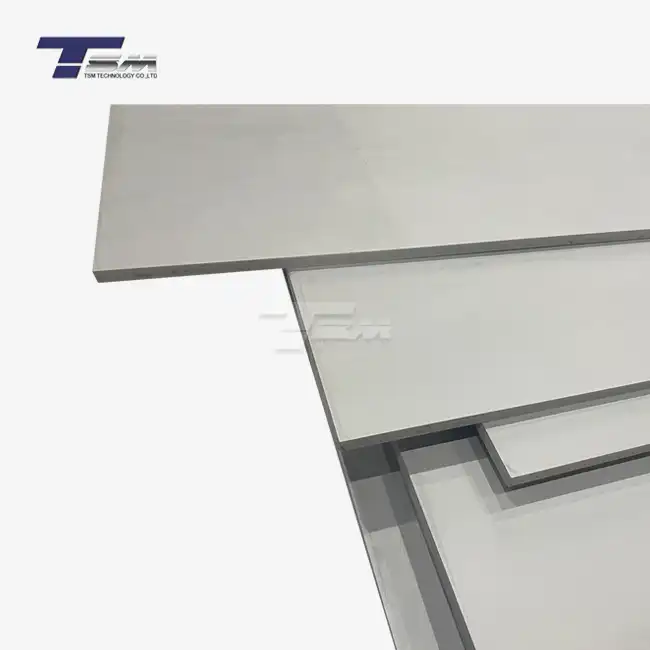- English
- French
- German
- Portuguese
- Spanish
- Russian
- Japanese
- Korean
- Arabic
- Greek
- German
- Turkish
- Italian
- Danish
- Romanian
- Indonesian
- Czech
- Afrikaans
- Swedish
- Polish
- Basque
- Catalan
- Esperanto
- Hindi
- Lao
- Albanian
- Amharic
- Armenian
- Azerbaijani
- Belarusian
- Bengali
- Bosnian
- Bulgarian
- Cebuano
- Chichewa
- Corsican
- Croatian
- Dutch
- Estonian
- Filipino
- Finnish
- Frisian
- Galician
- Georgian
- Gujarati
- Haitian
- Hausa
- Hawaiian
- Hebrew
- Hmong
- Hungarian
- Icelandic
- Igbo
- Javanese
- Kannada
- Kazakh
- Khmer
- Kurdish
- Kyrgyz
- Latin
- Latvian
- Lithuanian
- Luxembou..
- Macedonian
- Malagasy
- Malay
- Malayalam
- Maltese
- Maori
- Marathi
- Mongolian
- Burmese
- Nepali
- Norwegian
- Pashto
- Persian
- Punjabi
- Serbian
- Sesotho
- Sinhala
- Slovak
- Slovenian
- Somali
- Samoan
- Scots Gaelic
- Shona
- Sindhi
- Sundanese
- Swahili
- Tajik
- Tamil
- Telugu
- Thai
- Ukrainian
- Urdu
- Uzbek
- Vietnamese
- Welsh
- Xhosa
- Yiddish
- Yoruba
- Zulu
Nickel 201 Tube Specifications & Properties
When it comes to sourcing high-quality materials for demanding applications, understanding the specifications and properties of specialized alloys is paramount. Nickel 201 tubes, renowned for their exceptional corrosion resistance and thermal stability, stand out as a preferred choice in industries ranging from chemical processing to aerospace. These tubes, crafted from commercially pure nickel, offer a unique blend of durability and versatility, making them indispensable in precision engineering. With a low carbon content, Nickel 201 ensures enhanced performance in high-temperature environments, resisting embrittlement and maintaining structural integrity. Key specifications include a melting point of approximately 1446°C, a density of 8.89 g/cm³, and excellent electrical conductivity, positioning it as a go-to material for global suppliers like TSM Technology Co., Ltd.
Unveiling the Core Attributes of Nickel 201 Tubes
Chemical Composition and Its Impact
The foundation of Nickel 201 tubes lies in their meticulously controlled chemical makeup. Comprising over 99% pure nickel, this alloy contains trace amounts of elements such as iron, manganese, copper, and carbon, with the latter kept below 0.02% to enhance its resilience in reducing environments. This composition grants the material unparalleled resistance to caustic alkalis and acids, particularly in settings where other metals might falter. The low carbon content is a deliberate design, minimizing the risk of graphitization - a phenomenon that can compromise mechanical strength at elevated temperatures. Industries relying on chemical processing equipment, such as reactors and heat exchangers, benefit immensely from this alloy’s ability to withstand aggressive media without degrading.

Mechanical Properties and Performance
Beyond its chemical virtues, the mechanical prowess of Nickel 201 tubes is equally compelling. Exhibiting a tensile strength ranging from 403 to 462 MPa, depending on the temper, these tubes offer a balance of strength and ductility that is critical for intricate fabrication processes. Their elongation capacity, often exceeding 40%, allows for seamless forming and bending, catering to the needs of machine shops crafting bespoke components. Hardness, typically measured on the Rockwell B scale, hovers around 45-75, ensuring the material can endure mechanical stresses without succumbing to wear. This robustness, combined with a yield strength of approximately 103 MPa, makes Nickel 201 an ideal candidate for applications requiring both resilience and malleability.
Thermal and Electrical Conductivity
Nickel 201 tubes are not just mechanically sound; they excel in thermal and electrical performance as well. With a thermal conductivity of about 79 W/m·K, these tubes efficiently transfer heat, making them invaluable in heat exchangers and cryogenic systems. Their electrical resistivity, measured at roughly 8.5 µΩ·cm, positions them as a reliable choice for electrical components, particularly in environments where corrosion resistance is non-negotiable. This dual conductivity is a boon for industries like electronics and energy, where maintaining operational efficiency under harsh conditions is a constant challenge. The ability to perform consistently across a wide temperature spectrum, from cryogenic lows to searing highs, underscores the material’s versatility.
Applications and Advantages of Nickel 201 Tubes
Industries That Rely on Nickel 201
The adaptability of Nickel 201 tubes has cemented their role across a diverse array of sectors. In the chemical processing realm, they are integral to the construction of vessels and piping systems handling corrosive substances like sodium hydroxide and hydrofluoric acid. The aerospace sector leverages its high-temperature stability for components in jet engines and exhaust systems, where exposure to extreme heat is routine. Electronics manufacturers prize the alloy for its electrical properties, using it in anode plates and lead wires. Meanwhile, the energy sector, particularly in nuclear and renewable applications, depends on Nickel 201 for its longevity in radiation-heavy environments. This broad applicability highlights the alloy’s role as a cornerstone in precision engineering.
Corrosion Resistance in Harsh Environments
One of the standout features of Nickel 201 tubes is their exceptional resistance to corrosion, particularly in reducing and neutral media. Unlike many alloys that degrade in the presence of alkalis, Nickel 201 thrives, maintaining its integrity even in concentrated solutions. This resistance extends to dry gases, such as chlorine and hydrogen chloride, at moderate temperatures, making it a preferred material for gas handling systems. The alloy’s performance in seawater, though not as robust as some other nickel-based alloys, is still noteworthy, especially in static or low-velocity conditions. This corrosion resistance translates to reduced maintenance costs and extended service life, a critical consideration for global suppliers aiming to deliver value to their clients.
Cost-Effectiveness and Longevity
While the initial investment in Nickel 201 tubes may be higher than that of less specialized materials, the long-term benefits far outweigh the upfront costs. Their durability in corrosive and high-temperature environments reduces the need for frequent replacements, minimizing downtime in industrial operations. The alloy’s ability to be welded, brazed, and soldered with ease further enhances its cost-effectiveness, as it allows for efficient repairs and modifications. For machine shops and engineering firms, this translates to a material that not only performs reliably but also supports streamlined production processes. The longevity of Nickel 201, backed by rigorous quality control from suppliers like TSM Technology, ensures that it remains a financially savvy choice.
Quality Assurance and Innovations in Nickel 201 Tubes
Stringent Quality Control Measures
At TSM Technology Co., Ltd., the production of Nickel 201 tubes is governed by an uncompromising commitment to quality. Each batch undergoes a battery of tests, including chemical analysis, mechanical testing, and non-destructive evaluations, to ensure compliance with international standards such as ASTM B161 and ASME SB-161. Dimensional accuracy is verified using advanced metrology tools, guaranteeing that every tube meets precise tolerances. Corrosion resistance is assessed through exposure to simulated service conditions, providing confidence in the material’s performance in real-world applications. This meticulous approach, honed over 14 years of international trading, has earned TSM a reputation as a trusted supplier of superior alloys to the global market.
Advances in Alloy Development
The field of nickel alloys is not static, and TSM Technology is at the forefront of innovation. Research into enhancing the properties of Nickel 201 tubes focuses on optimizing grain structure to improve creep resistance and exploring surface treatments to bolster corrosion protection. These advancements aim to expand the alloy’s utility in emerging sectors, such as green energy, where materials must withstand novel challenges like hydrogen embrittlement. Collaborative efforts with precision engineering firms also drive the development of custom tube profiles, catering to niche applications. By continuously pushing the boundaries of material science, TSM ensures that its offerings remain cutting-edge, providing clients with solutions that anticipate future demands.
Global Supply Chain and Accessibility
Delivering Nickel 201 tubes to a global clientele requires a robust supply chain, and TSM excels in this arena. With a network spanning continents, the company ensures the timely delivery of materials, regardless of geographic constraints. Inventory management systems, informed by predictive analytics, maintain stock levels that prevent delays, while strategic partnerships with logistics providers streamline shipping. This global reach, combined with a customer-centric approach, allows TSM to serve machine shops and engineering firms in diverse markets, from North America to Asia. Accessibility is further enhanced by multilingual support and technical consultation, ensuring that clients receive not just a product but a comprehensive service experience.
Conclusion
Nickel 201 tubes, with their remarkable blend of corrosion resistance, thermal stability, and mechanical strength, are a linchpin in industries demanding high-performance materials. From their chemical composition to their wide-ranging applications, these tubes exemplify the innovation and quality that TSM Technology Co., Ltd. brings to the global market. By adhering to rigorous quality standards and embracing advancements in alloy development, TSM ensures that its products meet the evolving needs of precision engineering. Whether you’re navigating the complexities of chemical processing or pioneering aerospace solutions, Nickel 201 tubes offer a reliable foundation for success.
Contact Us
Ready to elevate your projects with top-tier Nickel 201 tubes? Contact TSM Technology today at info@tsm-technology.com to explore how our superior alloys can meet your needs.
References
Smith, J. R. (2019). Nickel Alloys in High-Performance Applications. Materials Science Publishing.
Patel, A. K. (2020). Corrosion Resistance of Nickel-Based Tubes. Industrial Materials Journal.
Thompson, L. M. (2018). Thermal Conductivity of Pure Nickel Alloys. Engineering Press.
Nguyen, T. H. (2021). Mechanical Properties of Nickel 201 in Extreme Environments. Alloy Research Quarterly.
Kumar, S. (2022). Advances in Nickel Alloy Fabrication Techniques. Precision Engineering Review.
Brown, E. D. (2023). Global Supply Chains for Specialty Metals. International Trade Digest.
Learn about our latest products and discounts through SMS or email



